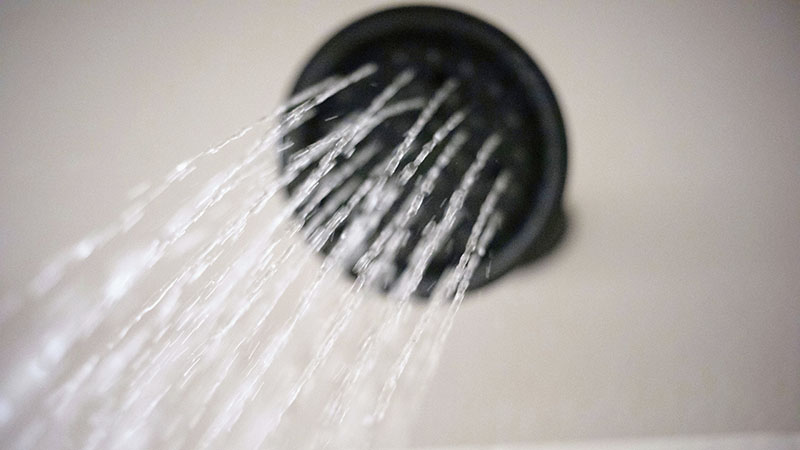
Rethinking Your Shower Routine: Are You Overdoing It?
Social media is awash with elaborate shower routines promising radiant, healthy skin. These regimens often involve a multitude of steps, from daily exfoliation and double cleansing to the use of antibacterial soaps, scented body scrubs, and shower oils. But are these extensive routines actually beneficial, or are they doing more harm than good? Experts suggest that many of these practices are not only unnecessary but can also be detrimental to your skin and even the environment.
The Core Principles of a Healthy Shower
The foundation of good hygiene doesn't require a complicated, multi-step process. A simple, daily shower with lukewarm water and a fragrance-free, hypoallergenic cleanser is generally sufficient. Following up with a hydrating lotion or oil can help lock in moisture.
- Temperature Matters: Avoid excessively hot water, as it can strip your skin of its natural oils, leaving it dry and vulnerable to irritation.
- Keep it Brief: Prolonged showers can also deplete your skin's natural oils. Aim for a reasonable duration that allows you to cleanse effectively without overdoing it.
- Gentle Cleansing: Opt for soaps designed for sensitive skin.
The Truth About Antibacterial Soaps
While antibacterial soaps are popular, dermatologists advise against using them daily. These soaps often contain harsh ingredients that can excessively dry out the skin. However, there are exceptions. Individuals with hidradenitis suppurativa, an autoimmune skin condition characterized by painful boils and abscesses, may benefit from using antibacterial soaps under the guidance of a healthcare professional.
Oils: Sealants, Not Moisturizers
Oils can play a beneficial role in your skincare routine when applied after showering. However, it's crucial to understand that oils are sealants, not moisturizers. They work by trapping the water already on your skin, preventing moisture loss. Therefore, it's best to apply oil to damp skin to maximize its hydrating effects.
The Myth of Double Cleansing for the Body
Double cleansing, a technique involving an oil-based cleanser followed by a water-based cleanser, is a common practice in facial skincare, particularly for removing makeup. However, experts caution against extending this practice to the entire body. Overusing soap, regardless of the type, can strip the skin of its natural oils and disrupt its delicate balance. Focus on cleansing areas that require more attention, such as the groin and skin folds.
Exfoliation: A Balancing Act
Exfoliation, the process of removing dead skin cells, can be beneficial for skin health. However, daily exfoliation can lead to a host of problems, especially for individuals with dry skin or conditions like eczema or acne.
- Manual Exfoliation: Scrubs and rough loofahs should be used sparingly to avoid irritation.
- Chemical Exfoliation: Products containing lactic or glycolic acid offer a gentler alternative, but should still be used judiciously.
- Signs of Over-Exfoliation: Rashes or irritation after exfoliation are telltale signs that you're overdoing it.
Water Conservation: A Responsibility
Showers account for a significant portion of household water consumption. In regions facing drought conditions, conserving water is paramount. Shortening your shower and using only the water necessary to cleanse your body is an environmentally responsible choice.
The Bottom Line: Simplicity and Moderation
When it comes to showering and skincare, simplicity and moderation are key. Focus on gentle cleansing, hydration, and avoiding harsh ingredients. By adopting a less-is-more approach, you can maintain healthy, balanced skin without harming the environment.
Post a Comment for "Shower Simplicity: Experts Agree"